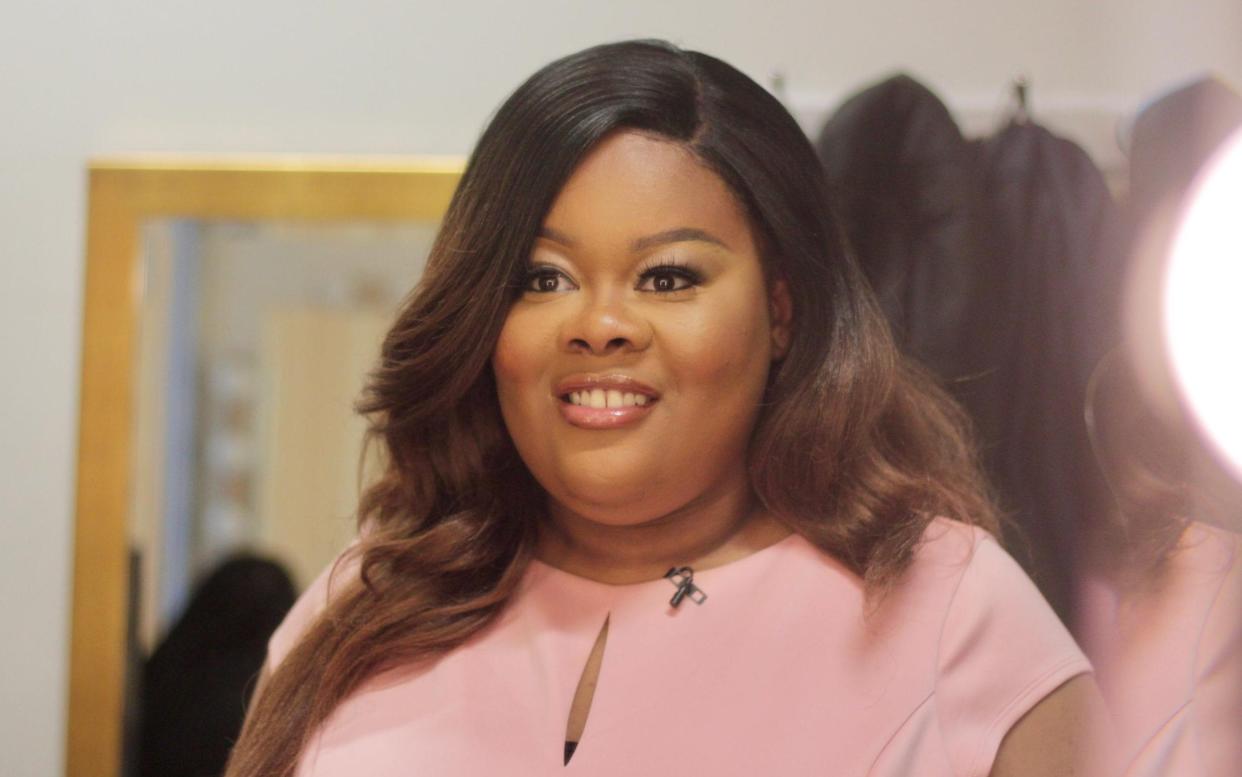‘He told me that my body belonged to him – and I believed him’

There was violence in my home growing up. Not at first, when I was very young, but by the time I started school, it was there – and that was just the beginning.
My family moved to the UK when I was 11, having fled Sierra Leone during the civil war in the 1990s, and having lived in Holland for a few years. Yet there was to be no safety for me, wherever we lived.
It began when I was five or six, and a friend of my father’s started visiting regularly. He was more like an uncle and when he came over, he’d give me sweets or gifts. I had no idea that I was, in fact, being groomed.
When the grooming progressed to abuse – carried out behind closed doors in our home, when my parents weren’t around, or were in a different part of the house – I knew it wasn’t right. But I was too young to understand what was happening to me.
It was compounded by the fact I was being bullied at primary school in our Dutch village. Children hurled racist insults at me and spat on me. I had no friends and plenty of insecurities. I couldn’t sleep at night, hated being alive and suffered from panic attacks.
When my parents separated, I moved to London with my mother and three siblings. I hoped it would be a new start and that I’d be able to put the trauma behind me. But it wasn’t that easy. Trauma has a habit of following us, and I carried it with me, mentally and emotionally, from one country to the next.
At secondary school, I suffered with anger issues, which saw me get into fights, and trouble with my teachers and the police. I was desperately trying to fit in by following the crowd, but I was hanging out with all the wrong people. Inside I was a mess.
I developed eating disorders, as well as suffering from anxiety and depression. I smoked and drank to try and escape my reality. I self-harmed and, on eight occasions, tried to take my own life.
But instead of being identified as a profoundly damaged child, I was labelled an angry young black girl by teachers and other students, and had no-one I could speak to about what I’d been through. I desperately wanted to shed my anger, remove the defensive mask I’d assumed and finally be myself.
It perhaps wasn’t surprising that, in my late teens, I fell into an abusive and controlling relationship. By then I was so accustomed to being treated like this, it felt almost normal. The boy in question told me my body belonged to him and I believed him. He raped me several times and would physically abuse me.
When he turned violent, our neighbours heard my screams and called the police. They charged him with false imprisonment, battery, assault and domestic abuse. But I ended up dropping the case, as he had manipulated me to believe that he would change. In hope that he would, I told the police that I didn't want to go to court or be a witness. I just wanted to move on.
Eventually I found a way to, after applying through my sixth form to study psychology at the University of Roehampton and being offered a place and a student loan. I was keen to rebuild my life. Here, finally, was my chance.
It took me about three months to begin to heal and acknowledge to myself that, although I had been abused – first as a young child and then in my teens – it didn’t have to define who I was for the rest of my life. It wasn’t easy facing up to what had happened. I had let myself grow numb to it, finding it less painful to ignore it and forget.
But part of moving on involves opening up. This was a process that started with my support worker during sixth form and continued with my mentor at the Victory Youth Group I belonged to. Everyone I spoke to took care to try and help me, and I realised I didn’t have to suffer alone. My mother was also very supportive and loving, which helped me not give up.
I realised that healing was possible. Confronting my childhood experiences was messy and traumatic, but doing so meant I could grow.
Now, at 23, I’ve been able to use my experiences to help others by advocating against domestic violence and all forms of gender-based violence. I’ve developed my brand, She Walks In Value, and have been invited to Parliament to talk about abuse. I've also had the opportunity to share my story alongside HRH Duchess of Cornwall.
Today, I am happy and have made peace with my past. I’ve decided my future lies in going out into the world and making a change; in using my voice to help others find their own.
As told to Rosa Silverman
Maisha Sumah is speaking at Shameless! Festival on November 27 at Battersea Arts Centre. The festival is produced by WOW – Women of the World and Birkbeck’s SHaME Project